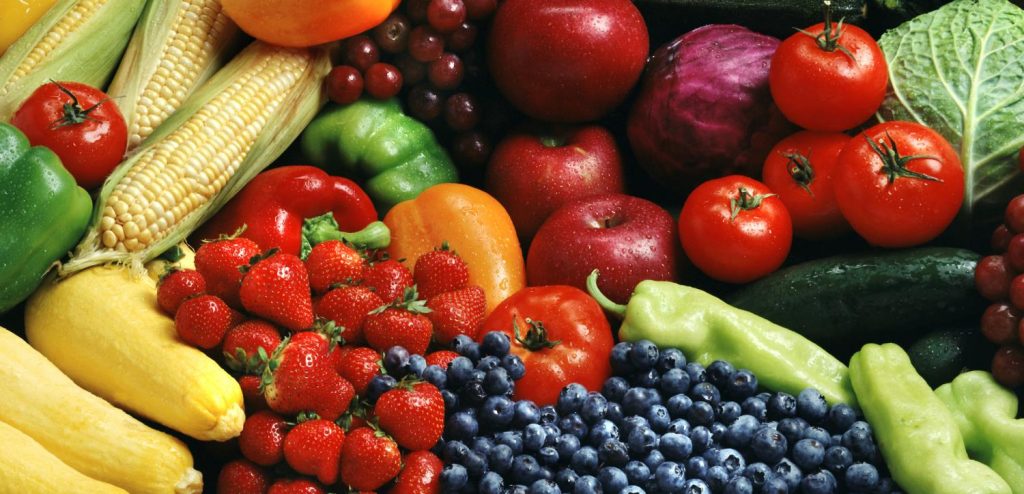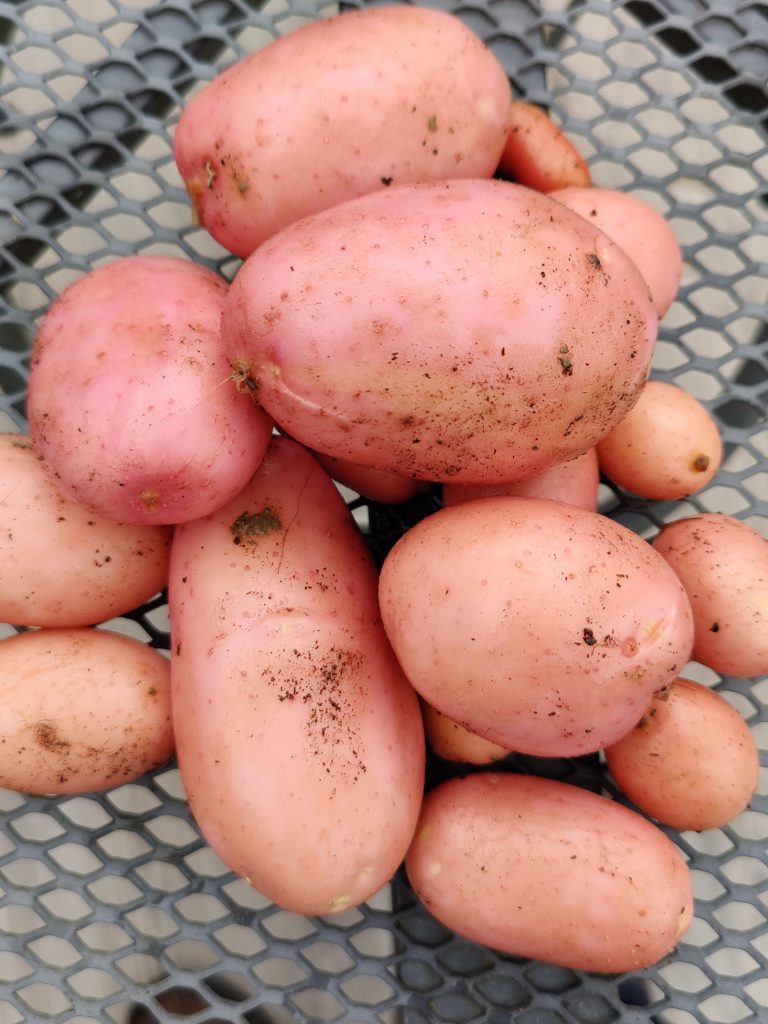Why is food important to Transition?

Today, most of us take as a given that we can go to the supermarket and buy the food that we want. However, in this country and others there are many that cannot afford to do so. Furthermore, we often do not consider the impact the food we buy has on the environment. Food, is one of the common things we all need, one of the things that can significantly impact the environment and one of the things we personally can make decisions on that will help improve the planet.
Our decisions on food can have significant impact on the environment and on the inhabitants of our planet in a number of ways.
- Reduction in CO2: Agriculture consumes significant amounts of energy in the production of food. Most significantly, the production of animal products uses the most energy. The report by the Climate Change Committee (CCC) Sixth Carbon Budget report* stated that in 2018 Agricultural emissions were 54.6Mt CO2 (Metric tons of carbon dioxide), representing 10% of UK Green House Gas (GHG) emissions, of which 63% were methane from livestock. Furthermore the report states that diet change involving a 20% shift away from meat and dairy by 2030 and a further 15% move form meat by 2035 could deliver an annual reduction of 7Mt CO2 by 2035. The CCC’s progress report published in 2022 showed that there has only been a mere 4% reduction in emissions in this sector.
- Consider where our food comes from: In general, the further any food has to travel from production to consumption then the more fuel is used getting it there. Often, not only is there a cost in terms of fuel used for the distance but also additional energy used for refrigeration.
- Waste reduction: Reducing the amount of food waste will drive down emissions from excess production, transportation and storage. In addition it will reduce emissions from the waste itself as it decomposes. Finally, and as importantly, there is much food wasted today which if we were less wasteful could feed others who are in need of it. Again, the CCC states that the Waste Reduction Action Programme(WRAP) estimates that of the 13.6 million tonnes of food wasted each year 10million tonnes is ‘post farm gate’ and of that householders account for 70% (7 million tonnes).

4. Growing more food ourselves: Over the last 20 to 30 years people have grown accustomed to ‘nipping to the supermarket’ for everything. Growing your own food is rewarding as there is nothing better tasting than home-grown fruit and vegetables. You also know that the produce is fresh, and that it has not been sprayed with pesticides, herbicides or growth inhibitors.
A number of studies over recent years have demonstrated gardening being beneficial for physical and mental health. Working in a garden or allotment is great exercise and can be paced at ‘your speed’, plus being out in the sun is a great source of Vitamin D.
(* Source: https://www.theccc.org.uk/wp-content/uploads/2020/12/The-Sixth-Carbon-Budget-The-UKs-path-to-Net-Zero.pdf)
